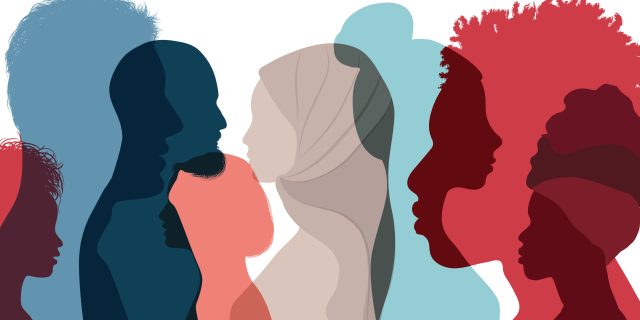Course Summary
Population statistics in the United States indicate that the number of Spanish-speaking individuals in this country are growing. Many of these individuals are not proficient in English. In the United States, English language and communication skills factor into whether a patient will experience positive outcomes when receiving healthcare services, beginning with access to care, treatment, adherence, and followup. Language barriers for Hispanics who are not proficient in English are partly responsible for disparities in the healthcare services, leading to inequities in health for Hispanic populations. Taking reasonable steps to remove barriers is required under federal law when federal aid is involved, as well as under the laws of some states. Adequate language skills of healthcare personnel or language interpretation or translation technologies are possible ways health equity can be attained across all patient populations.
Course Format
Homestudy
Course Syllabus
- Introduction
- Growth of Spanish-speaking U.S. Populations
- Impact of Language on Healthcare Services
- Barriers to Healthcare Services for LEP Persons
- Systemic Barriers
- Cultural Barriers
- Poor Communication
- Governmental Requirements for LEP Patients
- Preventing Disparities in Healthcare
- Good Communication
- Use of an Interpreter Services
- Use of Media and Technology
- Interpreter Phone Systems
- Translation Apps
- Sight Translation
- Translations Versus Interpretations
- Sign Language for Hearing-Impaired Patients
- Case Scenario: LEP Female, Hispanic Patient
- Discussion
- Basic Interview: Questions and Engagement
- Summary
Author
Jennifer McAnally, DNP, PMHNP-BC
Jennifer McAnally holds a Doctor of Nursing Practice degree and specializes in the field of family psychiatry. She has worked in child and adult mental health and substance use treatment settings for over 10 years. She worked previously in academic research settings and as the medical device division manager of a biomedical firm and tissue bank. She has also worked in regulatory oversight of Medicaid programs at the state level. Jennifer’s earlier degrees include a Bachelor of Science in Nursing and Bachelor of Science in Microbiology with emphasis on whole-genome bioinformatics, both from Montana State University. Jennifer is a passionate activist in the field of mental health services, and is dedicated as a mother of two children, to family and to her community in Montana.


